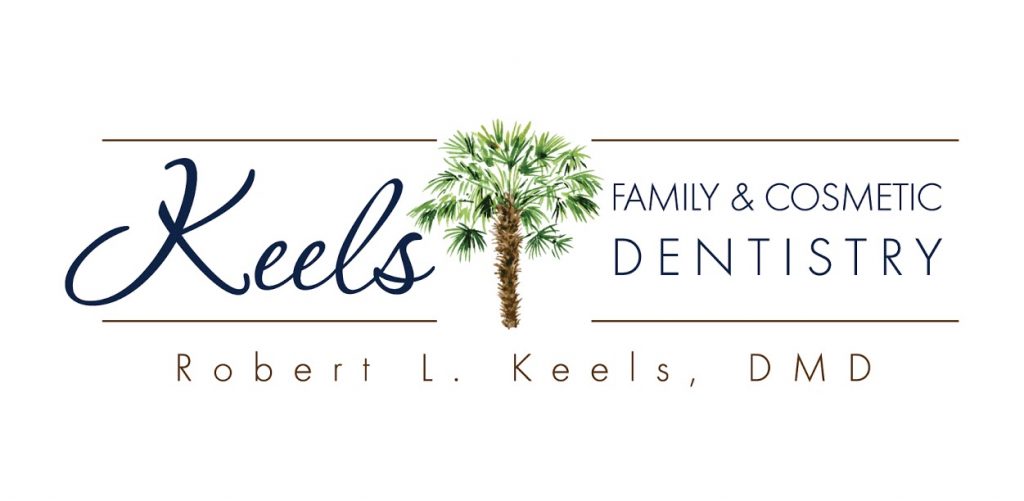Brushing your teeth might not just save you from cavities—it could also protect your heart. Surprising, right? Researchers are finding a strong connection between oral hygiene and heart health, showing that skipping regular dental care might do more than just give you bad breath. It turns out, the bacteria that cause gum disease can enter your bloodstream, leading to inflammation that raises the risk of heart disease and stroke.
That’s why taking care of your teeth isn’t just about a bright smile—it’s about keeping your whole body healthy. And with heart disease being a leading cause of death, this is one habit you don’t want to ignore. The good news? A few simple daily habits can make a big difference in both your dental and heart health.
How can regular teeth cleaning impact heart health?
Regular teeth cleanings do more than keep your smile bright—they protect your heart health. Poor oral hygiene can lead to gum disease (periodontitis), which allows harmful bacteria to enter the bloodstream, triggering inflammation throughout the body. Chronic inflammation is a key risk factor for cardiovascular diseases, including heart attacks, strokes, and high blood pressure.
Professional dental cleanings help remove plaque and tartar buildup, reducing the risk of gum disease and preventing bacteria from spreading into the bloodstream. Studies suggest that individuals who maintain good oral hygiene have a lower risk of heart-related complications.
By scheduling routine cleanings, you’re preserving your teeth and contributing to a healthier heart and longer life. Prioritize your oral health—it’s an investment in your overall well-being!
Is there scientific evidence linking gum disease to heart disease?
Yes, multiple scientific studies have found a strong connection between gum disease (periodontitis) and heart disease. Research suggests that chronic inflammation caused by gum infections can contribute to the development of cardiovascular problems, including heart attacks, strokes, and clogged arteries (atherosclerosis).
Key Findings from Studies
- American Heart Association (AHA): Reports indicate that individuals with periodontal disease have a higher risk of developing cardiovascular disease due to increased systemic inflammation.
- Harvard Medical School: Studies show that oral bacteria from gum disease can enter the bloodstream, triggering inflammation and contributing to arterial plaque buildup, which can narrow blood vessels.
- Centers for Disease Control and Prevention (CDC) Highlights that people with poor oral health are more likely to suffer heart-related complications, particularly if gum disease is left untreated.
While researchers have yet to establish a direct cause-and-effect relationship, the evidence strongly suggests that maintaining good oral hygiene and regular dental cleanings can help reduce the risk of heart disease. Taking care of your gums isn’t just about a healthy smile—it’s about protecting your heart, too!
What are the risks of neglecting teeth cleaning for your heart health?
Skipping regular teeth cleanings doesn’t just affect your smile—it can seriously affect your heart health. Poor oral hygiene can lead to gum disease (periodontitis), which allows harmful bacteria to enter the bloodstream, triggering chronic inflammation and increasing the risk of cardiovascular problems.
Key Risks to Heart Health
- Increased Risk of Heart Disease: Studies show that gum disease is linked to a higher risk of heart attacks, strokes, and clogged arteries (atherosclerosis) due to inflammation and bacterial spread.
- High Blood Pressure: Oral infections can contribute to systemic inflammation, leading to hypertension (high blood pressure) and increasing strain on the heart.
- Endocarditis (Heart Infection): Bacteria from infected gums can enter the bloodstream and settle in the heart’s lining, valves, or blood vessels, causing a potentially life-threatening infection.
- Arterial Plaque Buildup: The same bacteria that cause gum disease have been found in arterial plaques, which can restrict blood flow and raise the risk of heart attacks.
Neglecting regular teeth cleanings can have far-reaching effects beyond oral health. Prioritize your dental care to protect your heart and overall well-being!
Can professional dental cleanings reduce the risk of heart disease?
Yes, professional dental cleanings are crucial in reducing the risk of heart disease by preventing gum disease and reducing harmful bacteria in the mouth. Studies have shown that oral health and heart health are closely linked, with chronic gum infections contributing to systemic inflammation, which is a major risk factor for cardiovascular disease.
How Dental Cleanings Help Protect Your Heart
- Removes Harmful Bacteria: Professional cleanings eliminate plaque and tartar buildup, preventing periodontal disease, which has been linked to heart disease.
- Reduces Inflammation: Treating and preventing gum infections helps lower systemic inflammation, reducing strain on the cardiovascular system.
- Prevents Arterial Plaque Formation: Bacteria from the mouth can enter the bloodstream and contribute to arterial plaque buildup, leading to atherosclerosis (narrowed arteries) and increasing the risk of heart attacks and strokes.
- Lowers Blood Pressure Risk: Research suggests that people with good oral hygiene have lower risks of hypertension (high blood pressure), a key factor in heart disease.
By scheduling regular dental cleanings, you’re not just caring for your teeth but also taking an important step toward protecting your heart and overall health.
Protect Your Heart: Prioritize Regular Teeth Cleanings Today!
At Keels Family & Cosmetic Dentistry, we care about more than just your smile—we care about your overall health. Studies show a strong link between gum disease and heart disease, as harmful bacteria from the mouth can enter the bloodstream, increasing the risk of inflammation, high blood pressure, and cardiovascular complications.
Professional cleanings help remove plaque buildup, prevent infections, and support oral and heart health. Don’t wait until problems arise—take a proactive step toward a healthier future. Schedule your dental cleaning today with us and protect your heart and smile for years!
